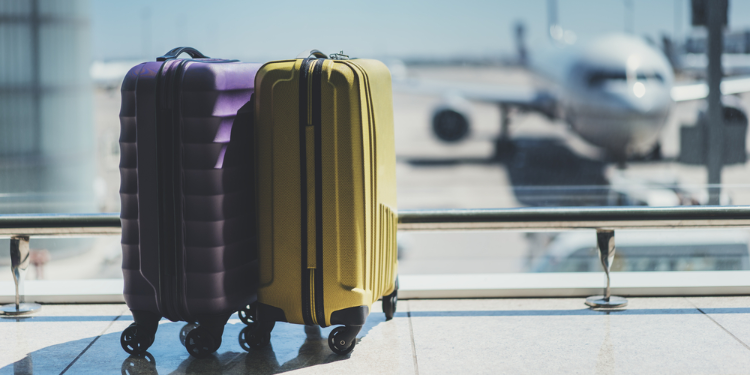
If you were planning to move abroad this year, the COVID-19 crisis probably had a considerable impact on your plans. Health risks and travel restrictions are challenging your expectations, depending on the purpose of your trip: work, studies, retirement, etc. But regardless of the reasons you've chosen to move abroad, there are many factors to consider, such as the quality of life, the cost of living, as well as healthcare, etc. Here are some tips to help you kickstart your project.
Career opportunities
The looming financial crisis will definitely have a considerable impact on the global labour market, considering the risks of unemployment in many sectors. So if you are planning to work abroad, it's better to wait a little longer, but this does not mean that you should give it up. Despite the prevailing uncertainty, keep an eye on the economic performance of the country you are looking to move to. Today, it looks like economic powerhouses like Germany, the United Kingdom, Japan, as well as Australia, are stable and will be able to create more jobs in the long run. For example, Australia announced that it's borders will remain closed until 2021, but if you have always dreamed of living and working there, why not start looking at the companies you might be interested in? Consider sending them spontaneous job applications while you're there. According to experts, food, health, services, as well as education, sport and leisure, and technology are going to be the most promising fields in the post-COVID-19 era. In the meantime, why don't you volunteer? Of course, we don't mean that you should pack your bags and book a flight now as border restrictions still apply. However, humanitarian job opportunities are available in Thailand, Ghana, or Ecuador, Peru and Costa Rica all year long.
Attractive salaries
In the post-COVID-19 era, quality of life becomes even more meaningful for someone who is looking to move overseas. If you're rather motivated by high wages, then Switzerland is the place to be according to the latest HSBC Expat Explorer survey. Even though the impact of the crisis on the Swiss economy and labour market cannot be measured yet, today, expatriates are earning a salary which is 33% higher than the global average. In the long run, working in Switzerland can help you make are your dreams come true. The Uk is another interesting destination for European nationals given the proximity. Salaries in the UK are 60% above the European average. According to a study by Ocean Finance website, the typical annual wage in the United Kingdom after taxation is around 24,006 euros. However, the cost of living in the UK is higher compared to many other countries, so you might also consider Liechtenstein where the average annual salary after taxation is 57,552 euros.
Quality of life
Nordic countries have stood out in terms of quality of life for many years, as evidenced by the annual Happiness Index. In fact, these countries can be applauded for how they contained the global health crisis. So if you're looking for a place where you can enjoy an incomparable quality of life while combining high wages and work-life balance and benefit from an efficient health system, head to Norway, Sweden, or Finland. Spain is also particularly appreciated for its warm climate, and its low cost of living compared to many other European countries. With a large expat community from around the world, Spain is one of the most popular destinations for retiring overseas.
The cost of living
The cost of living is another key point to consider when choosing to relocate overseas, even more in today - in a global health crisis. It looks like prices will keep on rising for some time, so you better think twice. According to a study by Ocean Finance website, Macedonia is currently the cheapest place to live in Europe. For a whole year, a sum of € 9,383 will be more than enough. For example, count an average of 2,760 euros for a year to rent a two-bedroom apartment. Elsewhere, India and Argentina are other cheap destinations. At the same time, Singapore, Hong Kong, Japan, as well as the United States and France, remain the most expensive countries worldwide according to a recent study by the Economist. Intelligence Unit.
Healthcare
Obviously, we are going through a delicate phase where healthcare will be one of our main concerns. Which country has the best health system? It's worth noting that Germany has one of the lowest COVID-19-related mortality rates in Europe thanks to its efficient health system and the sanitary measures that have been taken by its government. Germany has more beds, intensive care units and doctors than the rest of the continent. The country has also launched a massive COVID-19 screening campaign which also concerns international students. Japan, South Korea, as well as Australia also have some of the world's best healthcare system and are well equipped to face situations like the coronavirus pandemic.



















